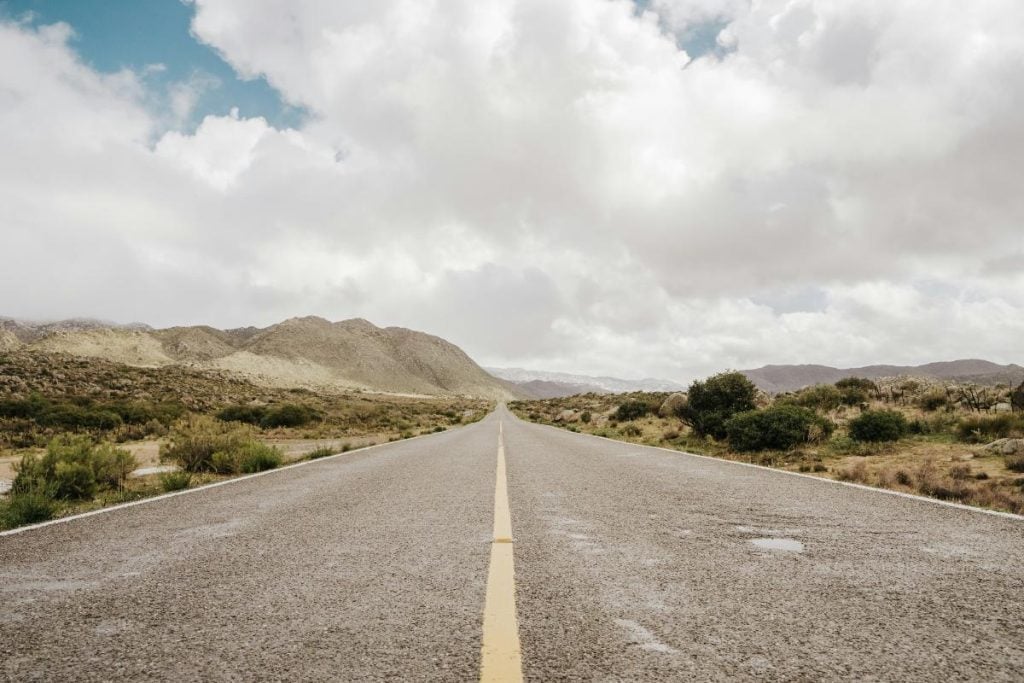Summer is the perfect time to embark on a road trip, offering the freedom to explore new destinations and enjoy the open road. However, a successful road trip requires careful planning and preparation. Whether you’re a seasoned traveler or a first-time road tripper, having the right supplies and knowledge can make your journey safer and more enjoyable. This comprehensive guide covers everything you need for a summer road trip, including a crucial recommendation from a motor vehicle accident lawyer.

1. Vehicle Preparation
Before hitting the road, ensure your vehicle is in top condition:
- Mechanical Check-Up: Schedule a thorough inspection with a mechanic to check the engine, brakes, tires, and fluid levels. Address any issues to prevent breakdowns during your trip.
- Tire Check: Inspect your tires for proper inflation, tread wear, and damage. Don’t forget to check the spare tire and ensure you have a jack and lug wrench.
- Fluid Levels: Check and top off essential fluids, including engine oil, coolant, brake fluid, and windshield washer fluid.
- Battery: Test your battery to ensure it’s fully charged and in good condition. Replace it if necessary to avoid starting issues.
2. Essential Supplies
Packing the right supplies can make your road trip comfortable and stress-free:
- Navigation Tools: Carry a GPS device or ensure your smartphone’s GPS is updated. A physical map can be a lifesaver in areas with poor cell reception.
- Emergency Kit: Assemble an emergency kit with items such as jumper cables, a flashlight, batteries, a multi-tool, and roadside flares.
- First Aid Kit: A motor vehicle accident lawyer recommends a first aid kit to treat minor injuries. Include bandages, antiseptic wipes, pain relievers, tweezers, and any personal medications.
- Personal Items: Pack essentials such as toiletries, sunscreen, insect repellent, hand sanitizer, and a reusable water bottle.
- Comfort Items: Bring travel pillows, blankets, sunglasses, and a hat for sun protection. An extra set of clothes can be useful for unexpected weather changes.
3. Food and Drinks
Staying nourished and hydrated is crucial during long drives:
- Non-Perishable Snacks: Stock up on healthy snacks like nuts, granola bars, dried fruit, and crackers. These are convenient and won’t spoil easily.
- Cooler: A portable cooler with ice packs can keep perishable items like sandwiches, fruits, and beverages fresh.
- Water: Carry plenty of bottled water or a large refillable jug to stay hydrated. Avoid sugary drinks that can lead to energy crashes.
4. Entertainment and Navigation
Keep everyone entertained and on track with these essentials:
- Music and Podcasts: Create playlists or download podcasts and audiobooks for entertainment during long stretches of driving.
- Games and Activities: Bring travel-sized games, cards, or activity books to keep passengers occupied.
- Charging Devices: Ensure you have car chargers and power banks for your electronic devices.
5. Safety and Security
Prioritizing safety and security can help prevent and manage emergencies:
- Car Insurance and Documents: Carry your driver’s license, vehicle registration, and proof of insurance. Ensure your insurance policy is up-to-date and covers roadside assistance.
- Spare Key: Keep a spare car key in a secure location outside the vehicle to avoid lockouts.
- Personal Safety: Share your travel itinerary with a trusted friend or family member. Check in regularly and update them on any changes.
6. Accommodations and Reservations
Planning your stops and accommodations in advance can save time and reduce stress:
- Reservations: Book accommodations ahead of time, especially during peak travel seasons. Consider camping sites, motels, and hotels along your route.
- Rest Stops: Plan regular rest stops to stretch, use restroom facilities, and take breaks from driving. Aim to stop every two hours to avoid fatigue.
7. Dealing with Unforeseen Events
Being prepared for unexpected situations can make a big difference:
- Weather: Monitor weather forecasts along your route and be prepared for sudden changes. Pack rain gear, warm clothing, and an umbrella.
- Road Conditions: Check for road closures, construction, and traffic updates. Have alternative routes planned in case of detours.
- Health Concerns: Be aware of any health advisories or travel restrictions, especially related to COVID-19. Pack masks, hand sanitizer, and disinfectant wipes.

Be Safe This Summer!
Embarking on a summer road trip across America offers the freedom to explore new places and create lasting memories. By preparing your vehicle, packing essential supplies, planning your route, and prioritizing safety, you can ensure a smooth and enjoyable journey. Remember the importance of having a first aid kit, as recommended by a motor vehicle accident lawyer in Denver, to handle minor injuries and emergencies. In the event of an accident, seeking legal assistance can help protect your rights and secure fair compensation. With the right preparation and knowledge, you can embark on your summer road trip with confidence and peace of mind.
